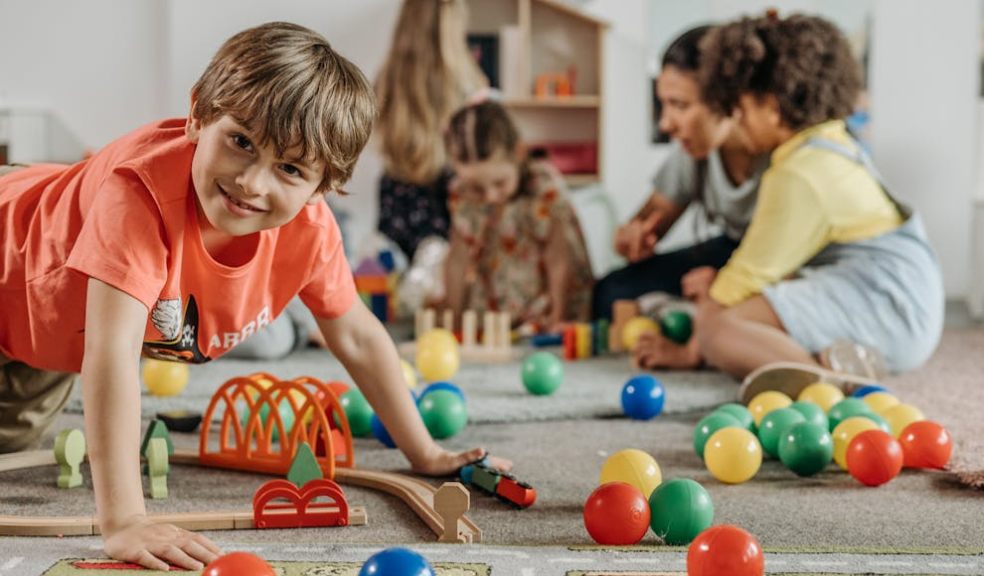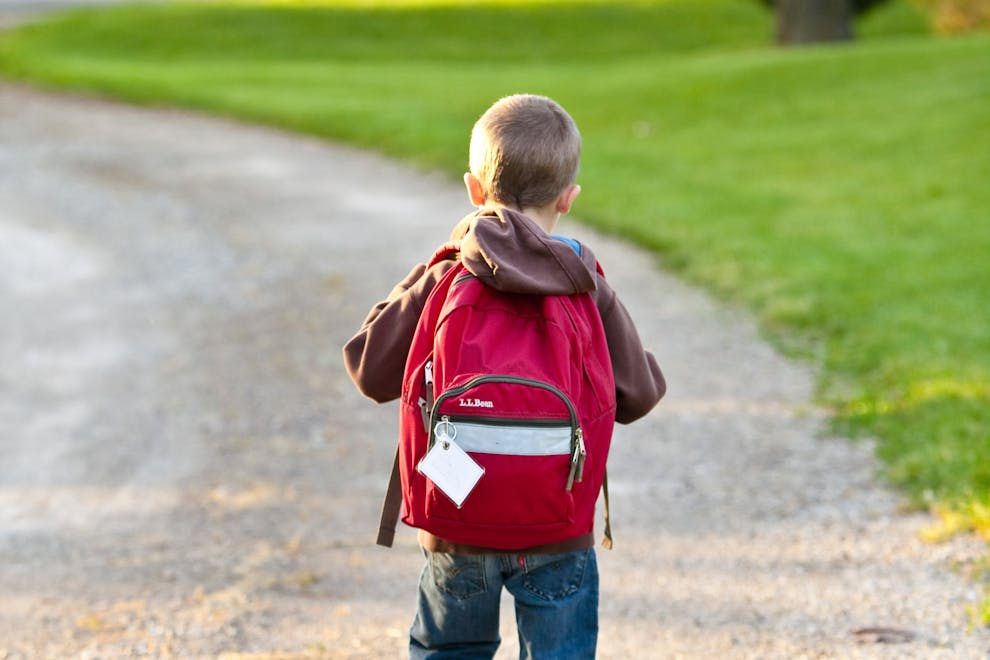
How to Prepare Your Child for Pre-Kindergarten
As your child approaches the age at which they begin formal education, preparing them for the transition to Pre-Kindergarten can be a crucial step. Pre-Kindergarten represents a significant milestone, offering your child his or her first structured learning environment, which can set the tone for their educational journey. Ensuring your child is ready for this new phase involves several key strategies that focus on their emotional, social, and academic development.
Read on to learn how to prepare your child for pre-kindergarten as part of their early childhood education journey.
Develop Social Skills
Social interaction plays a vital role in the development of young children, particularly as they prepare for the structure and community of a Pre-Kindergarten classroom. To prepare your child, it’s best to encourage playdates with peers to help them learn the essentials of sharing, cooperation, and turn-taking. These skills are critical as they promote positive interactions and an understanding of classroom dynamics.
Therefore, if you’re seeking a dedicated and enriching environment to ensure your child's school readiness, institutions like Little Scribblers Pre-K can offer a comprehensive prekindergarten program designed to engage young learners in a journey that is both educational and exciting. This setting aims to cultivate the social skills necessary for a smooth transition to more formal schooling like kindergarten programs and elementary school.
Encourage Emotional Readiness
Emotional readiness is paramount as your child approaches the threshold of Pre-Kindergarten. It is essential for them to approach new challenges and environments with confidence and security. Initiate conversations about what Pre-Kindergarten entails, emphasising the excitement of meeting new friends and the joy of discovering new things.
To foster a sense of familiarity and comfort as part of emotional development, simulate aspects of a classroom setting at home, such as story time or group activities with siblings or friends. Establishing a consistent daily routine is also beneficial, as it gives your child a predictable structure, reducing anxiety about new experiences. This sense of predictability and familiarity can be profoundly comforting, making the actual transition smoother and less intimidating.
Introduce Academic Fundamentals
Academic readiness for Pre-Kindergarten doesn't necessitate formal teaching methods; rather, it means gently introducing basic educational concepts through playful and engaging activities. Spend time reading storybooks together, which introduces new vocabulary and stimulates imagination, critical thinking and overall cognitive development. Engage your child with educational toys that challenge them to recognise numbers and letters in a playful environment.
Activities in arts and crafts are excellent for enhancing fine motor skills and encouraging creativity, requiring your child to use scissors, draw shapes, and handle small objects. These enjoyable and educational interactions are crucial as they acclimate children to the learning styles and activities they’ll experience in Pre-Kindergarten, making the educational aspects of school seem more like a continuation of home play.
Cultivate Independence
Building independence is crucial as your child begins their Pre-Kindergarten education. Encourage your child to take on small, manageable tasks independently, such as dressing themselves, tidying their play area, or assisting in simple household chores like setting the table. These activities can help children learn the value of responsibility and self-reliance.
Teaching your child to make choices, such as selecting their outfits or choosing a snack, also boosts their confidence and decision-making skills. This foundation of independence is critical for their overall development and eases their transition into a school environment where they’ll need to engage more independently with tasks and classroom directives.

Enhance Communication Skills
Improving communication skills is vital for young children as they prepare for the structured environment of Pre-Kindergarten. Engage your child in daily conversations that involve asking open-ended questions to encourage thoughtful responses to think and express themselves. Discuss the stories you read together, delve into the details about their play activities, and encourage them to share their feelings and daily experiences. This practice can help broaden their vocabulary and improve their ability to articulate thoughts clearly.
Such communication and literacy skills are invaluable in a classroom setting, where clear communication can enhance learning experiences and facilitate better interactions with peers and teachers.
Prepare Physically
Physical preparation is an integral part of getting your child ready for Pre-Kindergarten. Ensure that your child engages in ample physical play, which is crucial for overall health and motor skill development. Physical activities like running, jumping, and climbing are excellent for building gross motor skills, which involve large body movements and are essential for general physical agility.
Simultaneously, encourage activities that enhance fine motor skills, such as colouring, cutting with safety scissors, and assembling puzzles. These activities can improve hand-eye coordination and precision, preparing your child for similar tasks they’ll encounter in a classroom setting.
Establish A Routine
Building a consistent routine is critical for young children, particularly as they approach the start of their school life. A predictable daily routine that mirrors a school day structure can significantly ease the transition to Pre-Kindergarten. Include set times for meals, play, and rest. Regular bedtime and wake-up times are particularly important, as they set your child’s internal clock and ensure they’re well-rested and alert for learning.
A stable routine reduces anxiety by providing a familiar framework and expectations, making the unfamiliar aspects of school feel more manageable and less daunting.
Conclusion
Preparing your child for Pre-Kindergarten requires a balance of emotional, social, academic, and physical readiness. By keeping the information mentioned above in mind, you can ensure that your child will enter Pre-Kindergarten feeling prepared and confident. This foundational stage is pivotal in shaping their attitude towards learning and school, setting them up for success in their educational journey. Engage actively in your child's preparation process and look forward to watching them thrive in their new educational environment.













